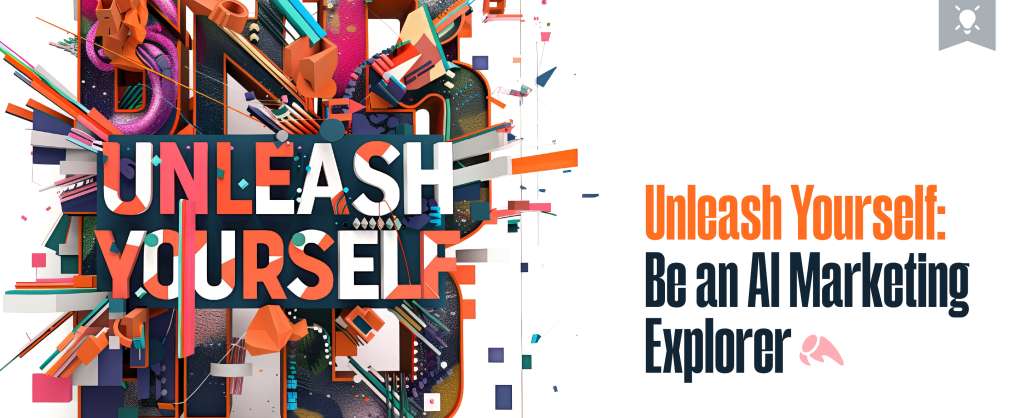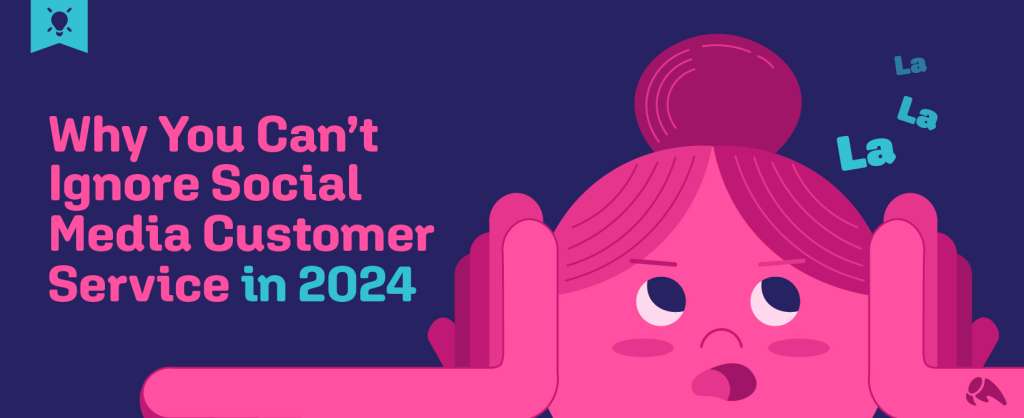
I’m not a surgeon. I don’t cut people for a living. However, even having never done it, I imagine being a surgeon is pretty difficult. I probably couldn’t read a few blog posts on the topic, or even binge watch a season of House, and then burst into the operating room ready to save your life. If I tried, you would die on the table (sorry). Lots of people would be sad.
I’m not a contractor. Regardless of how many Saturdays I spend locked into HGTV, I can’t fix your leaky roof or add a fourth bedroom to your house. If I experimented on you, you’d end up with a gaping hole in the side of your home and I’d end up with a lawsuit. Again, lots of people would be sad.
I guess I can’t understand why SEO isn’t treated with similar respect.
While you were BBQing this weekend, the search world was having a conversation about implementing HSTS (Matt actually started the conversation early in the week), a protocol that tells browsers to use HTTPS instead of HTTP when accessing your pages. Google’s Gary Illyes jumped into the Twitter conversation to remind people to make sure their site fully supports HTTPS when implementing HSTS, cautioning that “weird stuff” may happen otherwise. Ironically, weird stuff did happen in the midst of that conversation, but probably not what Gary was envisioning.
Check out the thread:

Gary’s comment (the one about it not mattering who implements for you) rubbed some people the wrong way and inspired its very own Search Engine Roundtable thread. Now, I’ve been around long enough to know better than to hop into Twitter battles, but there are two really important things I feel needed to be said.
1. Don’t Experiment With Your Mortgage
At first read, there’s really nothing untrue or awful about the idea that you should get your hands dirty in order to learn. Most successful SEOs (most successful anythings) would tell you this is how they learned. They tried things, they broke things, and then they learned how not to break them or how to break them better the next time. The problem comes when you make a blanket statement that it doesn’t matter who performs the surgery. That can be a very dangerous statement, evoking startling images of clients “trying things” and “testing things” and “experimenting” on their core, branded sites. The same sites responsible for attracting new leads, converting visitors into dollars, and for paying their staff and for their mortgages.
If you don’t have throwaway properties, you’re not in a position to experiment. It’s that simple. No matter what any blog or any Googler tells you.
I’ve seen what happens when clients, savvy clients, “experiment” on their own websites. More often than not they end up breaking things, things that often take a long time to fix and an even longer time for Google to recognize as being fixed. And it’s not the client’s fault. SEO isn’t their core responsibility. They don’t live and breathe SEO. They’re implementing things they probably shouldn’t be touching, most commonly on their bread-and-butter sites. Do this, and your site (and the money you use to live) risks dying on the operating room table.
2. Seriously, Google? WTF?
It doesn’t matter who does it, just do it!
That broke my heart a little. I mean, c’mon. Are we still there? Are we still devaluing the work and the skill SEOs contribute and treating it like something anyone can do with some light blog reading? Cause if we are, and if that’s Google’s stance, that’s a really depressing place to be.
You know what else is depressing?
- The client who changes his URL structure without consulting an SEO and tanks his organic traffic
- The client who redesigns her website without consulting an SEO and breaks hundreds of redirects
- The client who starts a linkbuilding campaign after reading his favorite blog and gets hit by Penguin
- The client who comes to you with no idea what Panda is or why she was hit (when the answer is glaringly obvious)
But these things happen, and they happen regularly because no one thought to bring an SEO into the conversation. That doesn’t mean that SEO can’t be learned, but get the training first. Work with someone. Consult where you don’t have experience, so you can focus on what you’re good at (like design, or running your business, or selling really great shoes). Don’t experiment or fake it on your money site because that’s your mortgage you’re playing Monopoly with. When your money is at stake you better make damn sure you know what you’re doing.
Like I said, I’m not a surgeon and nor am I a contractor. But I do know some things. For example, I know that in order to see the best results for my clients, I need to focus on the areas that I excel at (like content marketing and digital strategy!) and let my colleagues focus on the things they’re so good at (like SEO and video production). Because regardless of what some may tell you, the person doing the work does matter and your moneymaker isn’t the thing you want to be “experimenting” with.
But thanks, Google, for downplaying the skills SEOs hold. Love you, too.







